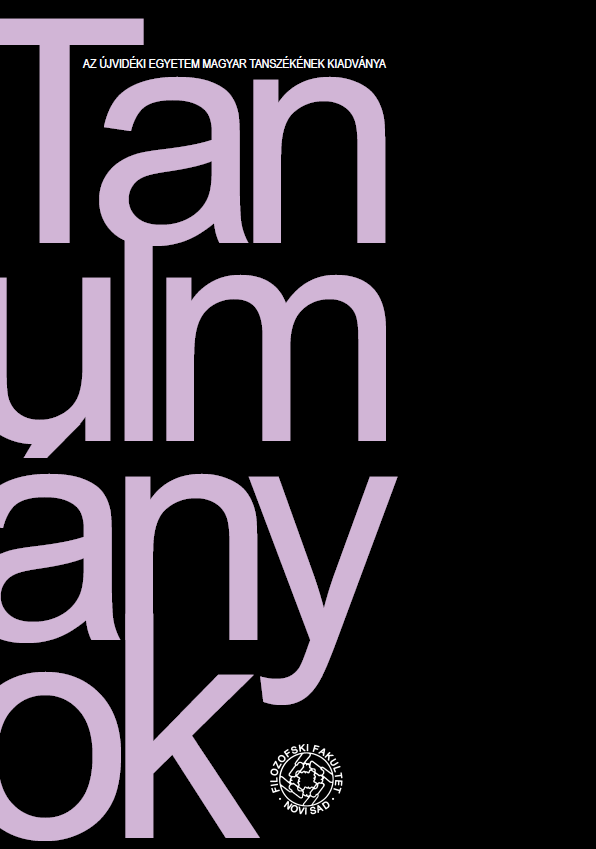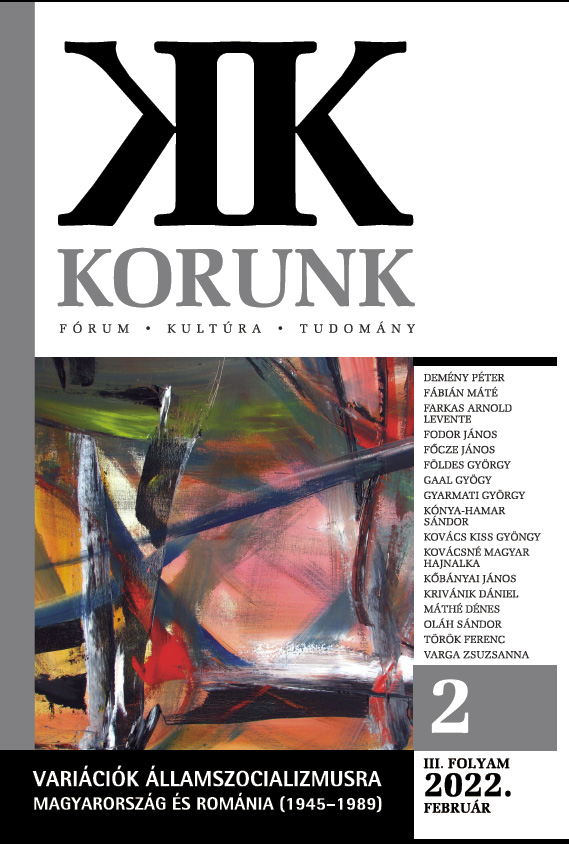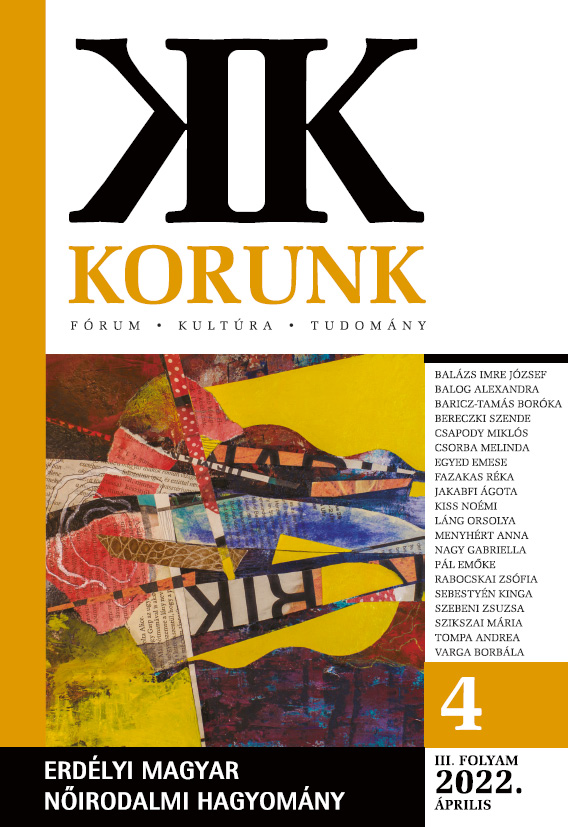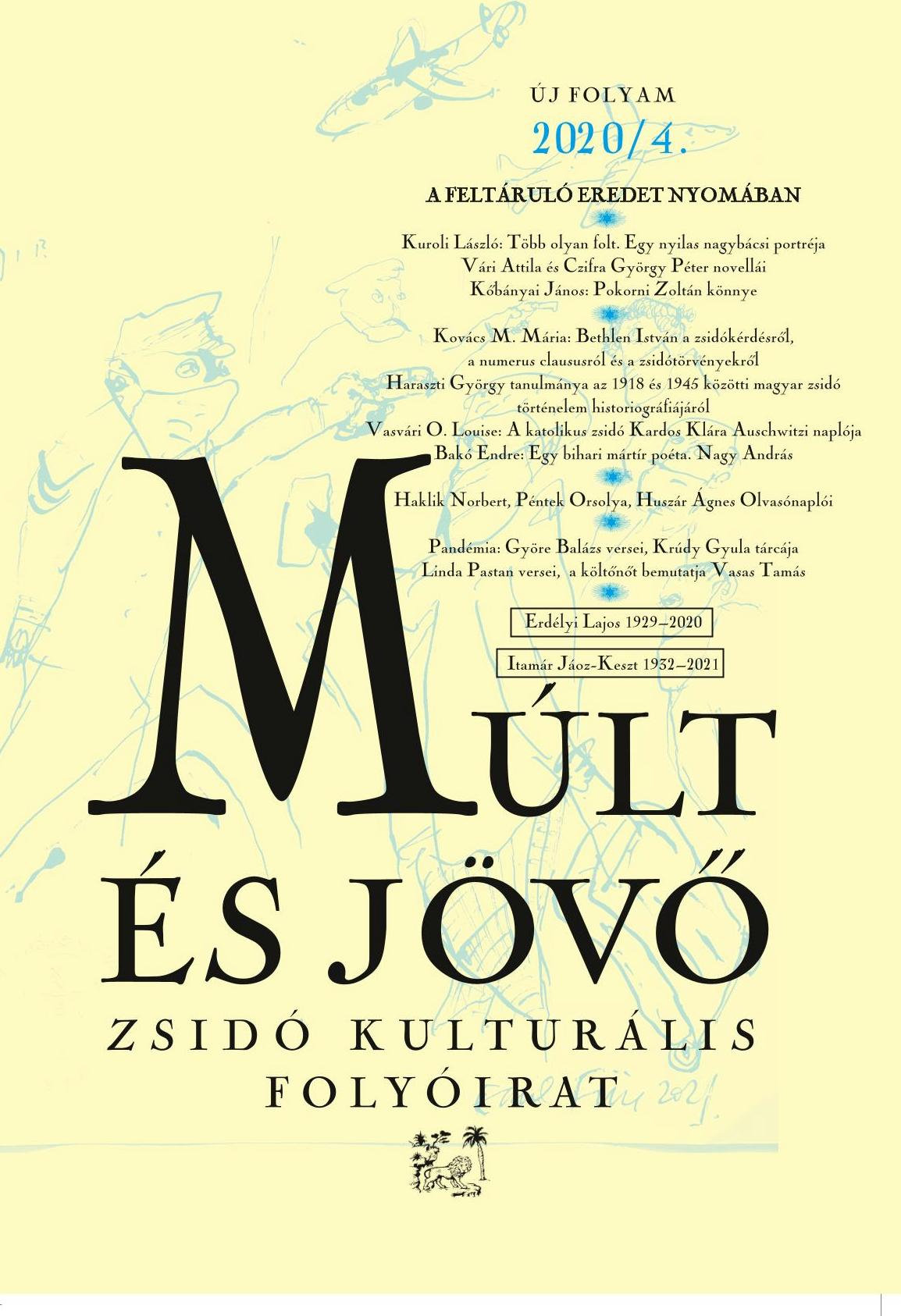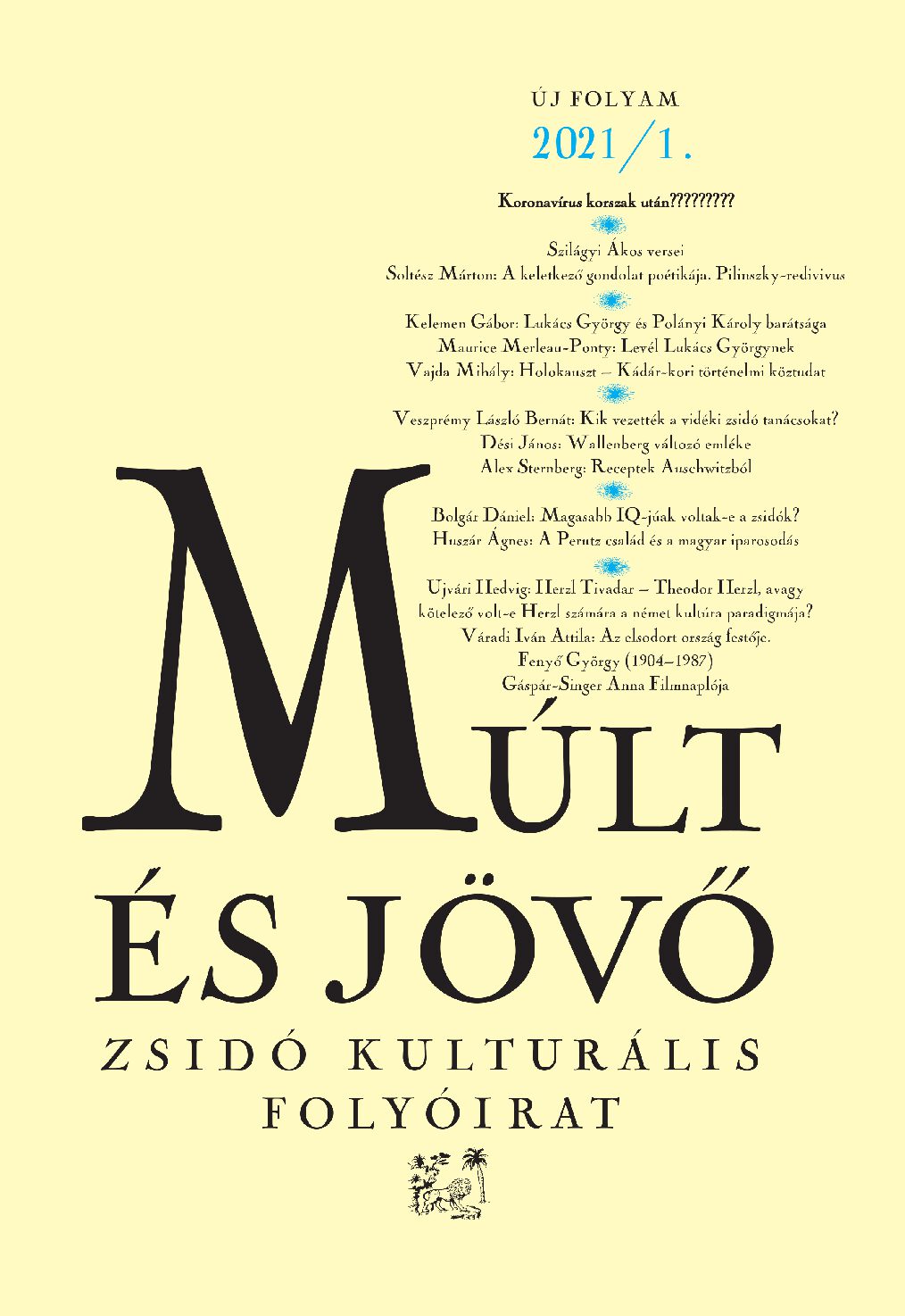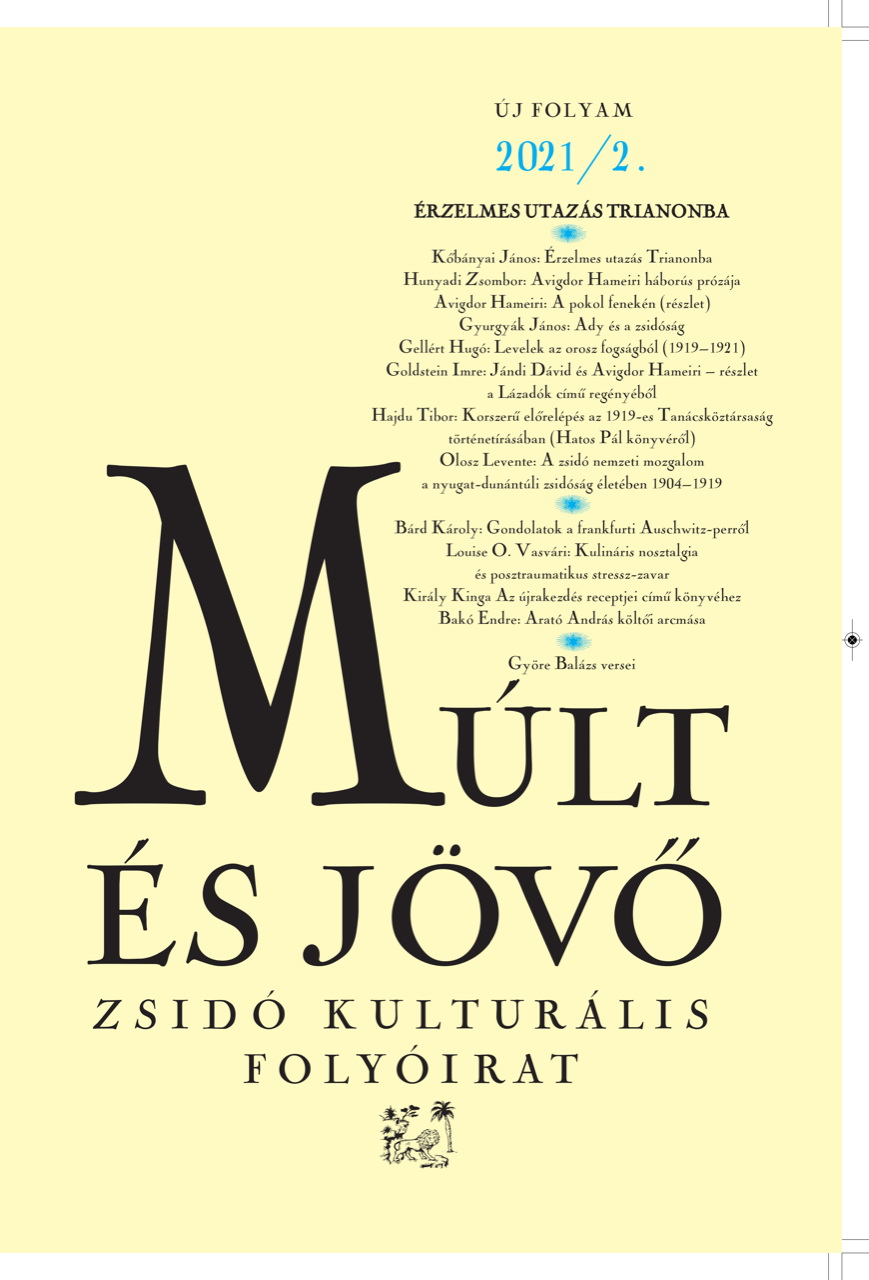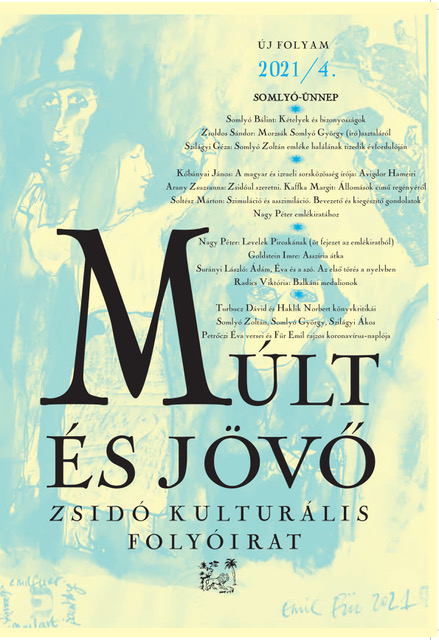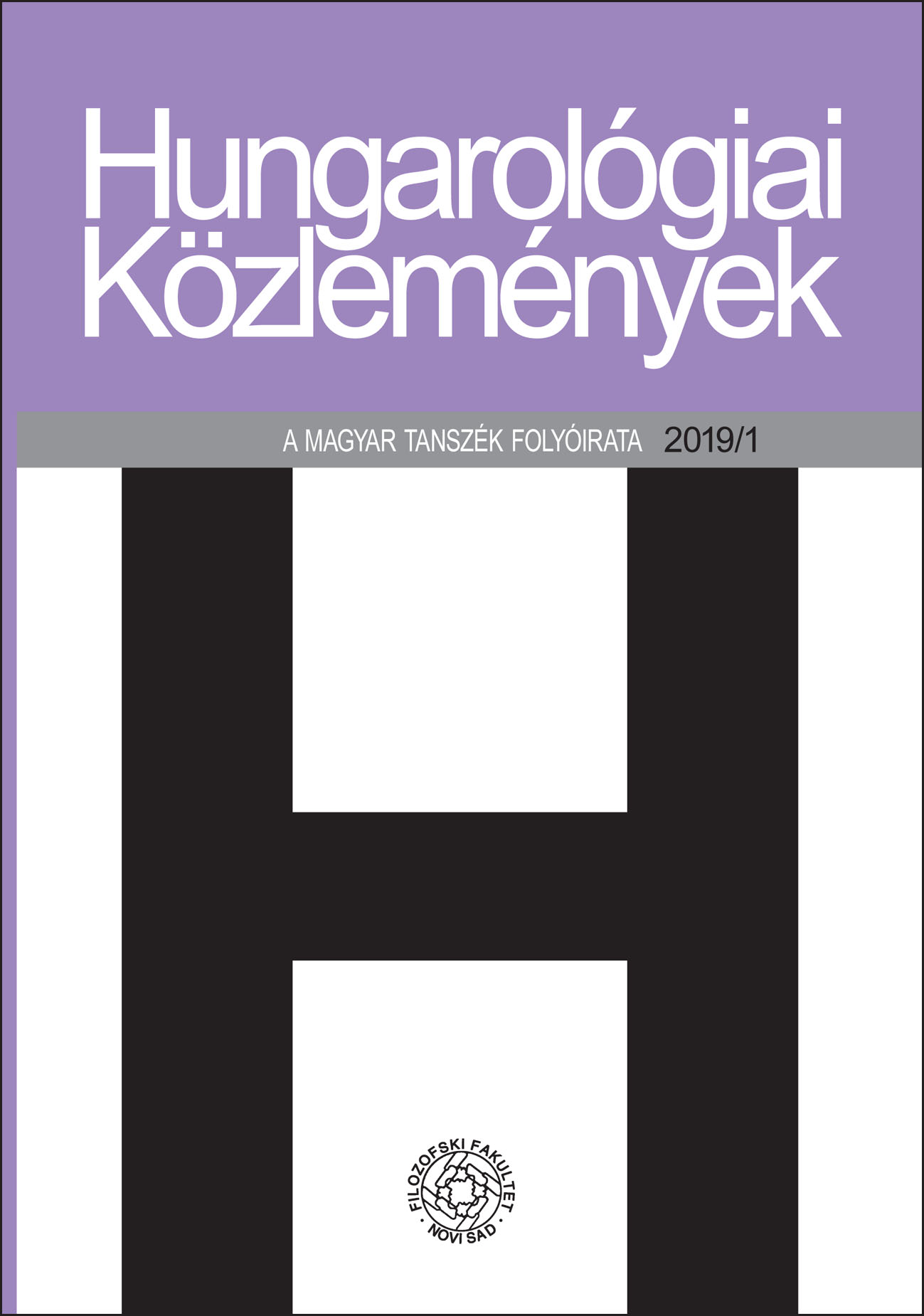
A paródia mint intralingvális (textuális) fordítás
In the introduction of the paper the author is dealing with the types of translation defined by Roman Jakobson and Torop, which are close(r) to interpretation of literary texts. Since the concept of parody is not completely unambiguous in special literature, the author does not make an attempt to define it, but rather accepts Umberto Eco’s concept of double coding, and she places the parody among intralingual translations. Subsequently the author analyses Ady parodies by Karinthy and the homage by Sándor Weöres entitled Ady’s spirit is speaking, and compares the two texts on the basis of style imitation.
More...
